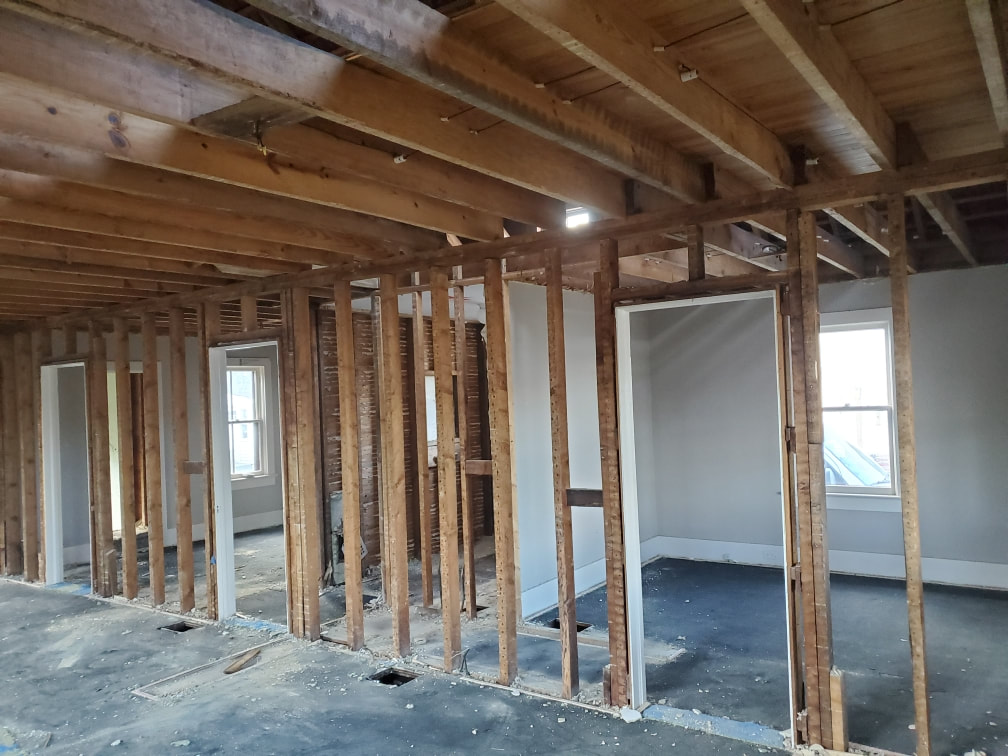The Leader in Commercial Demolition in Morris County, NJ, and Beyond
|
Our Commercial Demolition Services
Work with a commercial demolition contractor in Morris County, NJ, from our team and you can rely on us for:
Concrete Demolition
We safely and expertly complete concrete demolition along with commercial concrete removal.
Core DrillingWe perform commercial core drilling that includes the removal of the remaining core material inside the drill.
Deck RemovalDecks are safely removed when you hire a commercial demolition specialist from Atlas to do the work on your commercial property.
Industrial DismantlingWe have the skills and resources required to complete industrial dismantling in an orderly and organized manner.
Interior DemolitionInterior commercial demolition includes all indoor components, including full and partial walls.
|
Selective Demolition
Commercial demolition includes the ability to pick and choose what's removed and what stays in place.
Debris Removal
After the demolition work is done, we remove the debris as per local guidelines so that it appears as if nothing was removed.
Shed Removal
Sheds, regardless of the size, are removed promptly and properly when you contact us for commercial shed removal.
Pool RemovalIf your commercial pool needs removed, give us a call to complete the removal process safely and affordably.
|
Why Choose Our Crew For Complete Demolition
Hire Atlas Demolition and you'll benefit from our fair rates and attention to detail. We're also pleased to be a 5-star Google-rated company. What's more, we're open 24 hours a day, seven days a week to provide an array of commercial demolition services.
Commercial Demolition FAQs
Is the commercial demolition cost covered by insurance?
It depends on the situation and what type of coverage you have for your commercial property. Contact your insurance provider for more information.
Does it matter what the materials are that need to be removed or demolished?
Whether we're doing commercial concrete demolition or wall removal, we have the resources required to safely complete the work, regardless of the material involved.
How long does commercial building demolition take to complete?
It depends on the size of the building, the location, and other factors unique to the situation. You'll receive a more accurate estimate of your planned commercial building demolition once we arrive on-site and discuss your plans.
Rely on Our Team for All Commercial Demolition Needs
Look no further than Atlas Demolition when in need of commercial demolition services in Central and North New Jersey. Call us or fill out the form for a consultation.


